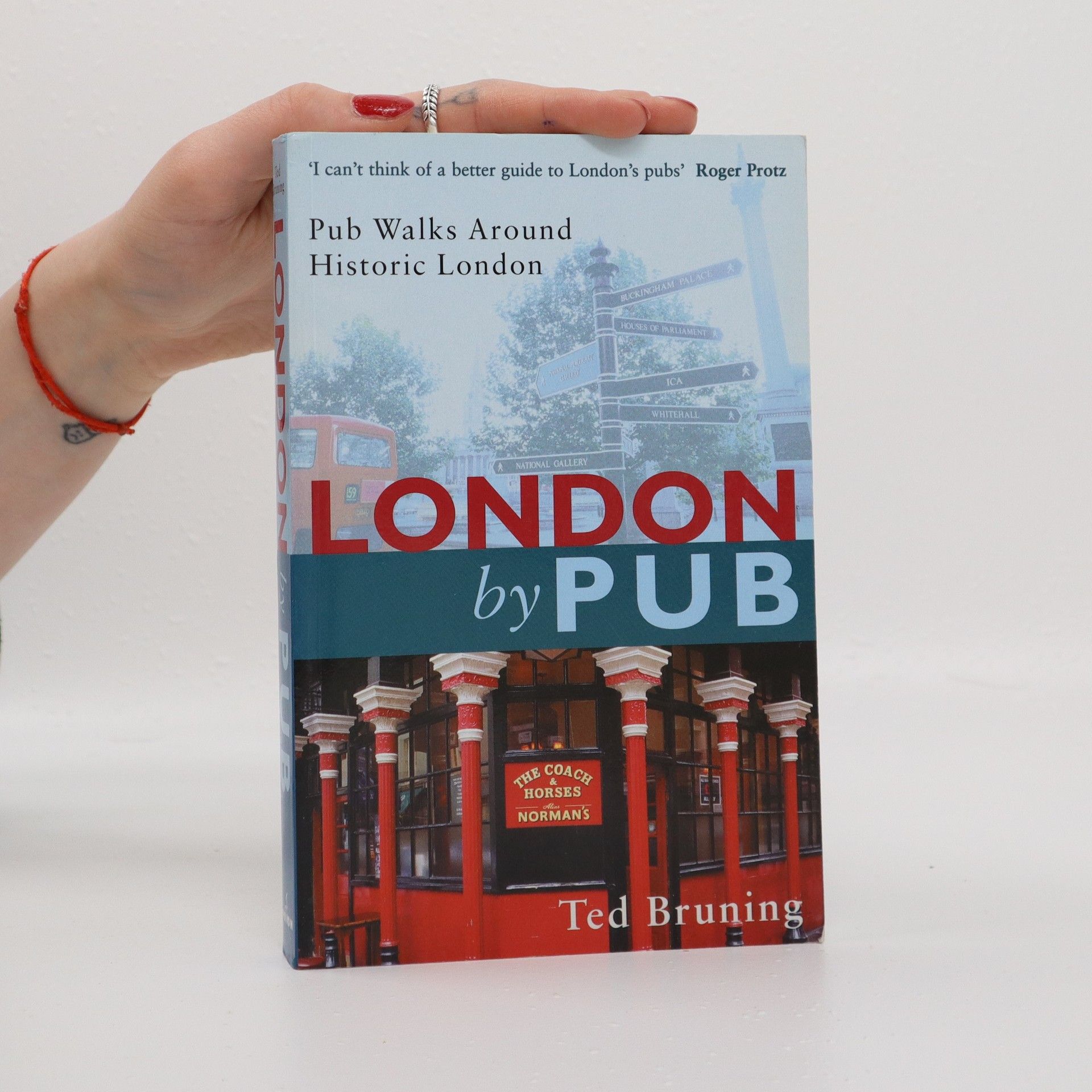It comes as no surprise that one of the least documented and most difficult periods of British history should also be its most keenly studied and hotly debated. Thanks to the continuing and intensive scholastic dissection of our meagre literary sources for the period and the flowering of archaeology since the war, the Dark Ages are not as dark as they were. But the sources are still sufficiently patchy and inadequate and the archaeology still sufficiently ambiguous to provide a playground for amateur historians from the barely literate to the frankly insane - to anyone, in fact, who finds themselves intrigued by the romance of King Arthur. Clearing the clutter of knights, necromancers and nymphs, though, both a serious question and a possible answer emerge. What happened after the last legions departed that ploughed such a diverse jumble into a single, identifiable tilth in which the seeds of nationhood could root and grow? The answer may be that while Constantine I, the Great, made Britain the birthplace of the Christian Roman empire Constantine III, the last usurper, left it a firm fastness in a greater empire still - a fastness that would endure until Rome's return.
Ted Bruning Book order (chronological)





The Craft Distillers' Handbook Third edition
- 256 pages
- 9 hours of reading
In 2012, over 1 million Americans were engaged in home brewing, a trend that continues to grow as interest in DIY production and artisanal craft beers rises. With home brewing now legal in all 50 states, enthusiasts can connect through sample swaps, competitions, and even small-scale pub production. Beginners can start brewing with just a $50 kit, while seasoned brewers seek new ingredients and experiment with styles. Regardless of experience, all brewers look for advice to enhance their craft. This book offers a collection of 500 brewing tips and basic recipes for various beer types, blending practical guidance for novices with detailed insights for experienced brewers. The tips are organized into ten chapters covering equipment, ingredients, troubleshooting, and storage, complemented by annotated diagrams and unique linocut prints by artist Melvyn Evans, making it an engaging resource for anyone passionate about brewing.
London by Pub
- 256 pages
- 9 hours of reading
London is a great city for walking, and what better way to see the capital than on a walking tour of its historic pubs? As a guide, no one knows the city and its drinking establishments better than Ted Bruning. The 15 walks he presents here each have a linking theme, from the political world of Westminster to the grand streets of Belgravia. Each of the walks includes stops at 6 to 12 pubs, with notes on opening hours as well as food and beer selections. Enhanced with 100 fine photos, London By Pub is a first-class guide to the city's unique drinking establishments. Ted Bruning's previous books include Historic Pubs of London and Historic Inns of England .
David and Charles Book of Historic English Inns
- 256 pages
- 9 hours of reading
Book by 'TED BRUNING, KEITH PAULIN'